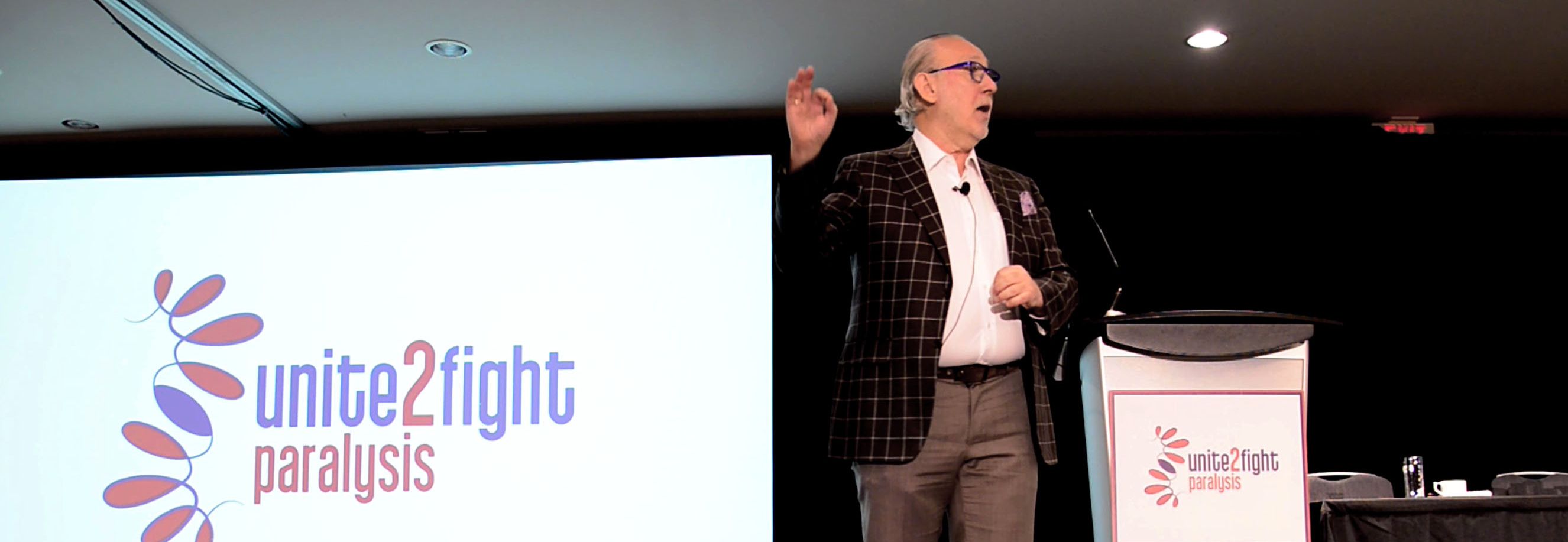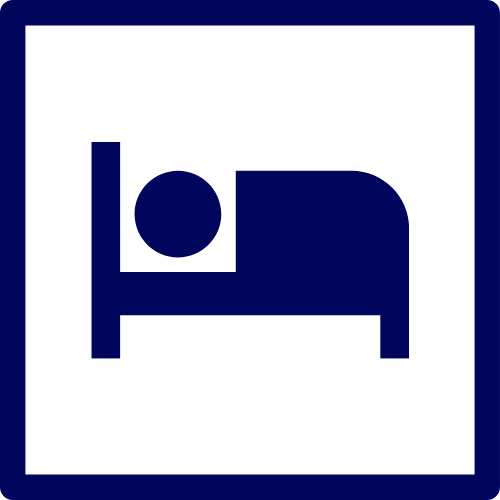
Chris Mason-Hale
ExaStim Participant, Aneuvo & Kennedy Krieger Institute
Abstract
Innovations in SCI Therapy: Non-invasive Spinal Neuromodulation for Motor Function Improvement
(with Rebecca Martin, OTR/L, OTD, CPAM & Yi-Kai Lo, PhD)
Spinal cord injury (SCI) often results in permanent neurological deficit. Individuals with SCI may lose sensation, mobility, or autonomic functions such as bladder and bowel control as signal transmission from the brain to the rest of the body is completely or partially lost at the level of the spinal cord lesion. However, key planning, coordination, and effector centers above and below the injured spinal segment remain intact. This provides an opportunity to use electrical neuromodulation to restore function by enabling intact neural circuitries residing in the spinal cord, with the goal of improving quality of life for individuals with SCI. In this presentation, Dr. Yi-Kai Lo will discuss ExaStim, an investigational non-invasive spinal neuromodulation system developed by Aneuvo, and Dr. Rebecca Martin will discuss the potential clinical benefit of using transcutaneous spinal stimulation as a treatment to SCI.
Bio
Chris Mason-Hale was injured during a head-to-head football collision when he was 16 that resulted in a quadriplegia diagnosis. Since sustaining his spinal cord injury, Chris has found ways to help others through their injury. He is a certified peer mentor through the Christopher & Dana Reeve Foundation where he meets with teenagers and young adults to discuss the lifestyle transition that comes with a spinal cord injury. Over time, providing this guidance to others became a desired profession. Chris went on to receive his associate’s degree in psychology before recently graduating from the University of Maryland, Baltimore County, where he received a bachelor’s degree in social work. He now works as a Community Advocate with the Maryland Center for Developmental Disabilities at Kennedy Krieger Institute and a Faculty Advocate for the Maternal and Child Health Leadership Education in Neurodevelopmental and Other Related Disabilities (LEND) program also at Kennedy Krieger Institute. Chris looks forward to opportunities to advocate for people with disabilities and promote self-advocacy in his new positions. In his spare time, Chris enjoys watching movies, playing games, and a recent passion handcycling. In 2016, Chris signed up for his first handcycle marathon. Then, he visited the Adaptive Sports Center in Colorado during a trip hosted by the Kennedy Krieger Institute. This experience helped to push him outside of his comfort zone and encouraged him to try new things. A sentiment that has left an impression to this day.






















